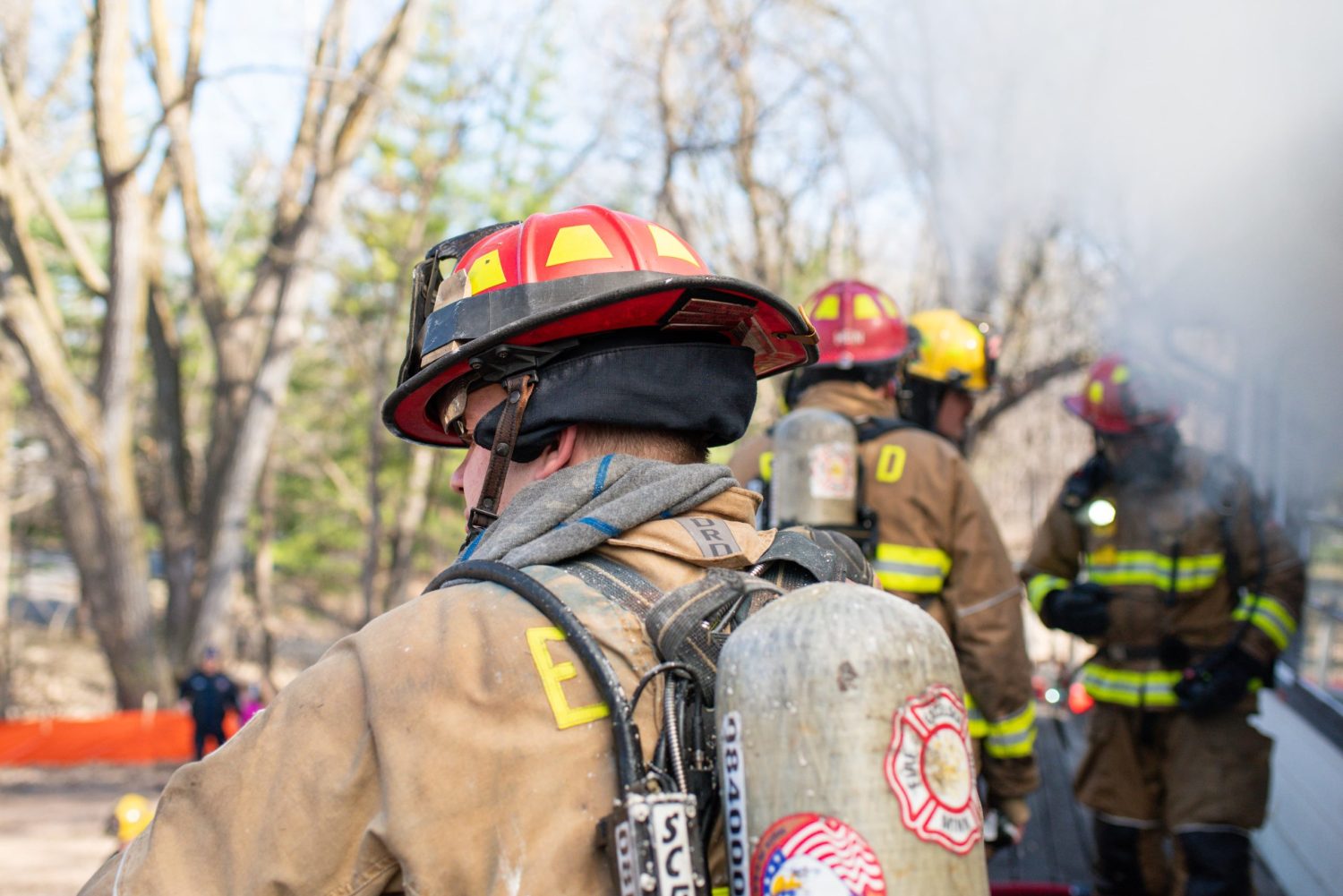Responding to high-stress emergencies on a regular basis can take a toll on firefighters, especially over the course of a career. Research from the International Association of Firefighters (IAFF) shows approximately 20% of firefighters struggle with a post-traumatic stress injury (PTSI) or post-traumatic stress disorder (PTSD) at some point during their careers. This is notably higher than the 6.8% risk for the general population during their lifetime.
What is PTSI?
PTSI is a mental injury that can occur after someone is involved in a traumatic event. There is a movement to use the term PTSI as opposed to PTSD, to better emphasize the condition as a recoverable “injury” as opposed to a chronic disorder. Those experiencing PTSI may experience symptoms such as:
- Intrusive memories/flashbacks: Many people experiencing PTSI relive the traumatic event(s) through memories, flashbacks, nightmares and upsetting thoughts.
- Avoidance behaviors: Those struggling may avoid certain places, activities and even people, potentially disrupting their normal daily functioning.
- Increased irritability: They may also have frequent mood swings, anger, aggression, heightened sensitivity and other out-of-character behaviors.
- Negative self-image or outlook: They might have distorted beliefs about oneself, others and the world, feelings of detachment and guilt, or lack of interest in previously enjoyable activities.
- Poor sleep habits: They may struggle with a regular sleep routine and find themselves waking often or sleeping too much.
- Substance abuse: There’s often a strong link between PTSI and substance abuse since turning to alcohol or other substances can help mask negative feelings and pain. The IAFF found 27% of firefighters admitted to substance abuse related to their job.
Asking for help
A longtime Minneapolis firefighter who was part of the crew who responded to the George Floyd emergency call and other countless tragic situations, started to struggle with her mental health and found herself at a breaking point in 2022. She started to miss shifts, drink heavily and panic while on the scene at fires and crisis situations.
Desperate, she told her captain she wasn’t doing well at work or by herself at home. Not sure what to do, she fortunately received a referral to MnFIRE from another firefighter. Connecting with a peer supporter was a step in the right direction for her. Today, she credits MnFIRE with saving her career and well-being, as she’s continued professional therapy sessions and used other resources to strengthen her resilience.
Trusted source in MnFIRE
It’s important for all first responders to have a healthy outlet to release their mental and emotional struggles. Counseling can offer professional support by giving you tools to manage and relieve mental and emotional symptoms. Peer support is another great option for having a trusted person you can talk to and relate to with your story.
As a Minnesota firefighter or family member, you have a support team behind you. The MnFIRE helpline is staffed by experienced clinicians. From one-on-one calls to department debriefs, during the middle of a crisis or after a tough call, we are here for you. Don’t hesitate to use this no-cost, confidential resource available 24/7 to all firefighters and their families in Minnesota. Just call 888-784-6634 and select option 1 for immediate help and more information.
Through the Hometown Heroes Assistance Program, all active firefighters are also enrolled in a Critical Illness insurance policy, which covers diagnoses of critical illnesses, including post-traumatic stress injury and disorder (PTSI/PTSD). Those who receive a qualifying diagnosis are eligible to receive a cash payment to help manage expenses your health insurance might not cover. To file a claim, call 888-784-6634 and select option 3.
We’re ready to help when help is needed.








